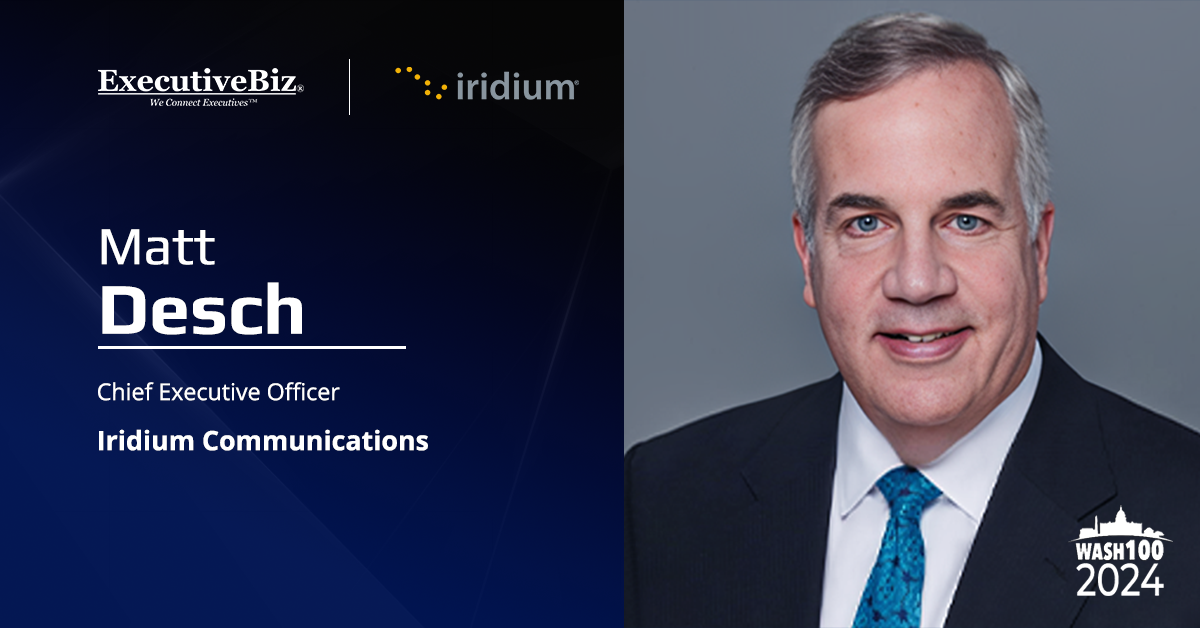In order for the United States to maintain its leadership status in artificial intelligence, the Department of Defense, the intelligence community, the national security community and the public in general must be empowered so they can engage and learn to use AI systems, according to Jay Meil, vice president for artificial intelligence and data analytics and chief data scientist at SAIC.
Data Aggregation
Meil made the remarks in a recent episode of the Defense & Aerospace Technology Report podcast, where he said that a key element to this empowerment is bringing data together. The SAIC official expressed astonishment “at how disconnected and disjointed everyone’s individual data is from each other,” making it difficult to gain an “aggregate site picture” or “a situational awareness perspective or what could happen on the ground or in the future.”
“And so I think the way we remain at the top is we focus on the data first, how to bring the data together, how to condition the data, how to aggregate the data, and how to make it presentable to machine learning models,” Meil said, noting that to achieve data aggregation, “I think we need to really think about common data standards and common access standards.”
The Human Element
A more challenging element in empowerment is the user itself.
“I’ve done a lot of, you know, deep learning deployments, across different organizations, in the federal government, and I would argue that, you know, okay, the data’s hard, the models are hard, the infrastructure can be hard, but the hardest piece is the human factor,” Meil said, in reference to getting people not only to use AI technologies but to trust them as well.
AI Literacy
For the SAIC chief data scientist, AI literacy is key. “In order for them to trust it, they have to understand it. And in and in order to understand it, it has to be explainable,” Meil said, adding that with the help of AI literacy, the technology would become a common element “of our life on our devices, right, [our] Apples and our Androids and everything else.”





